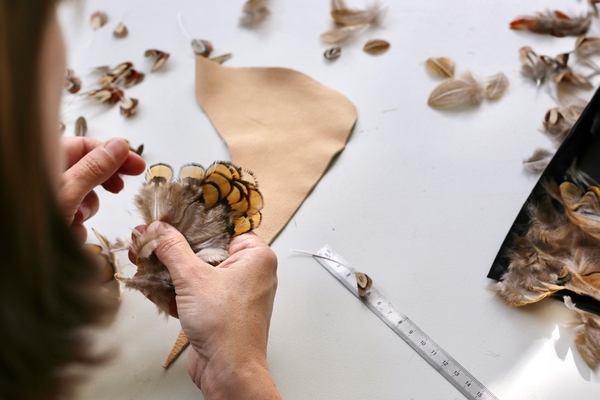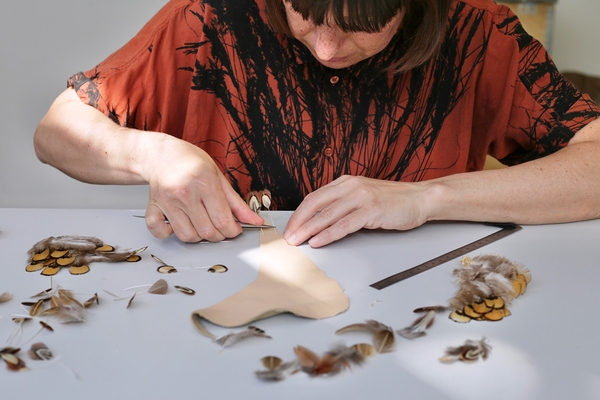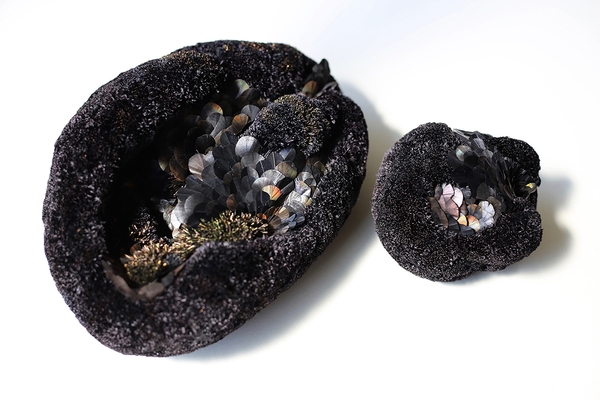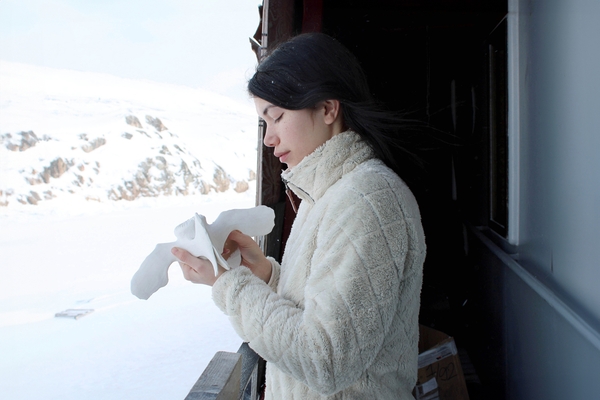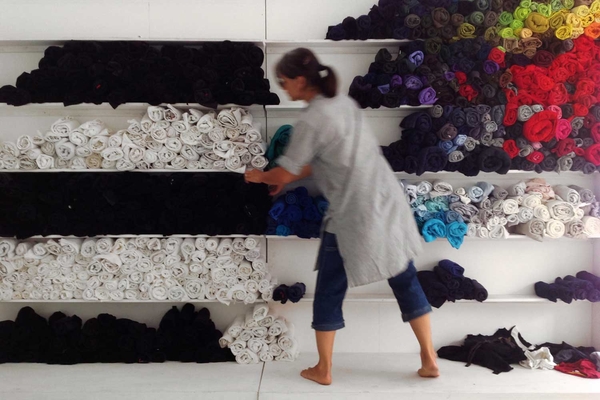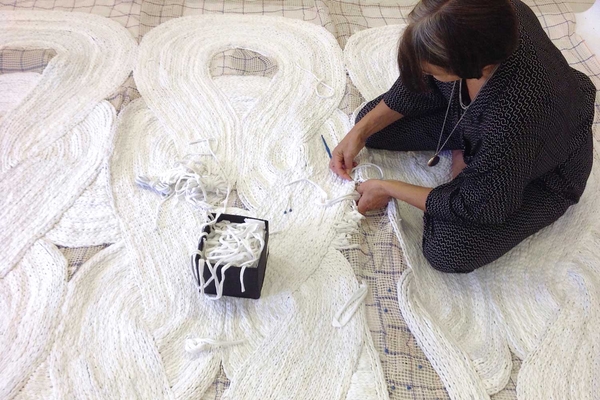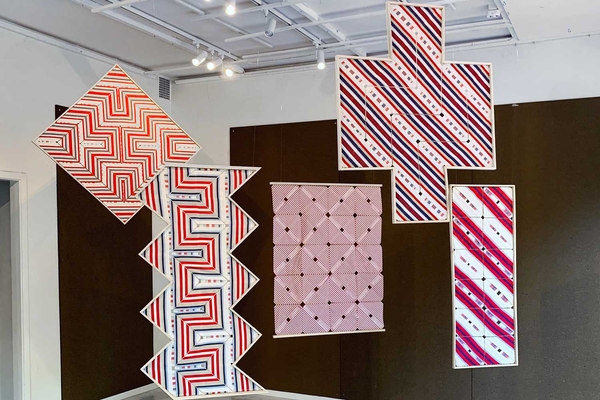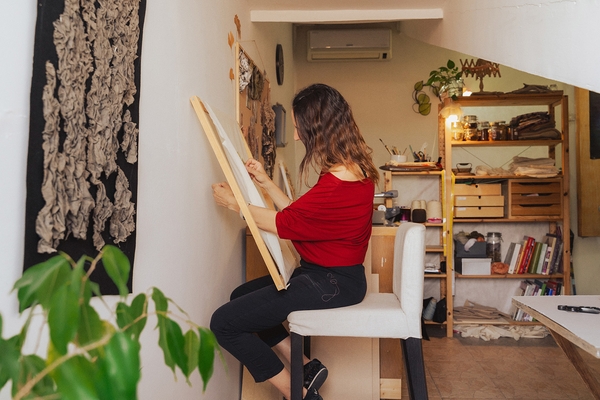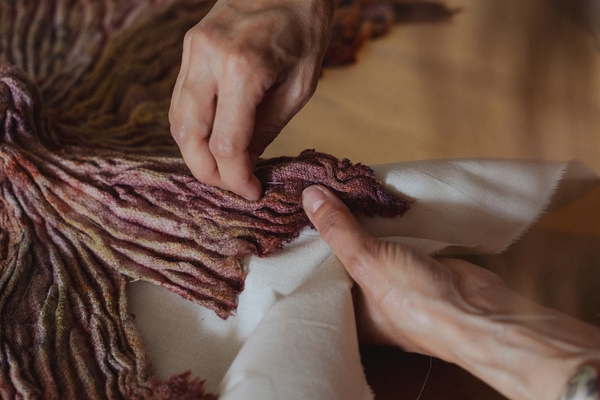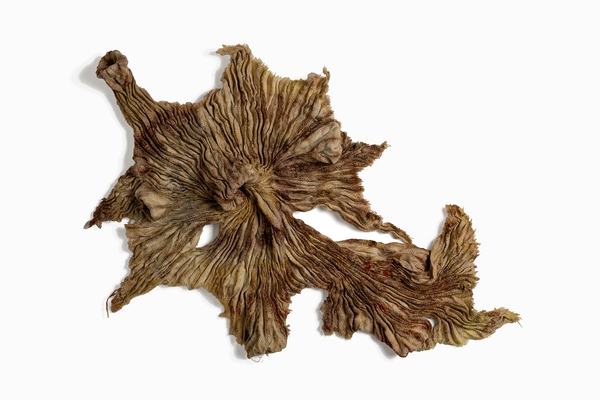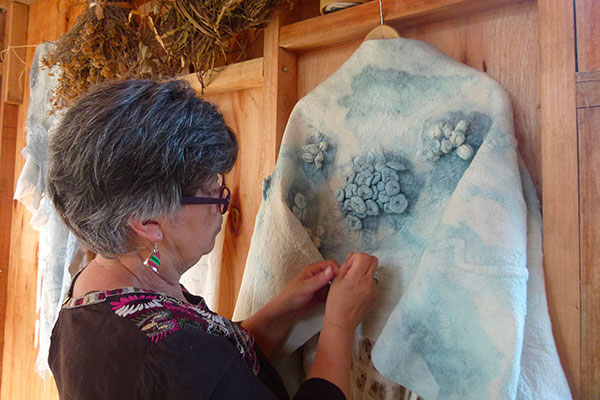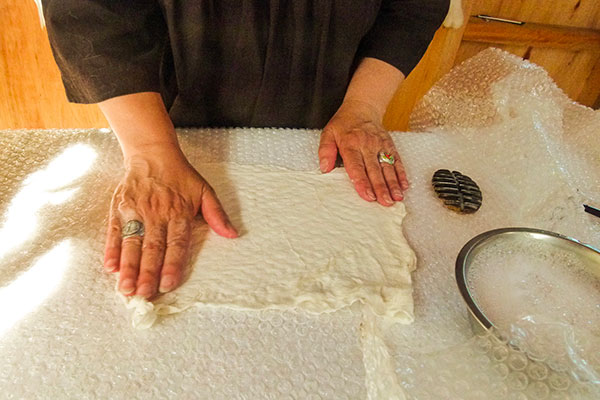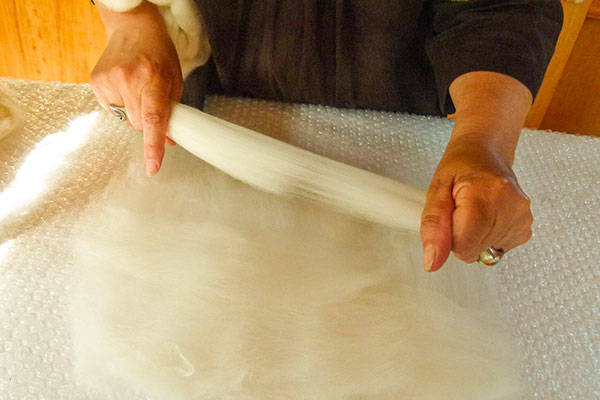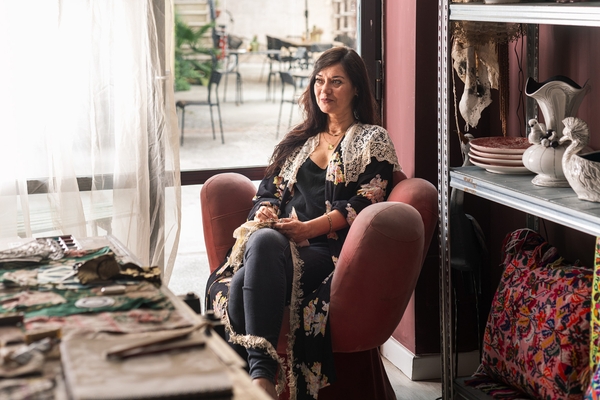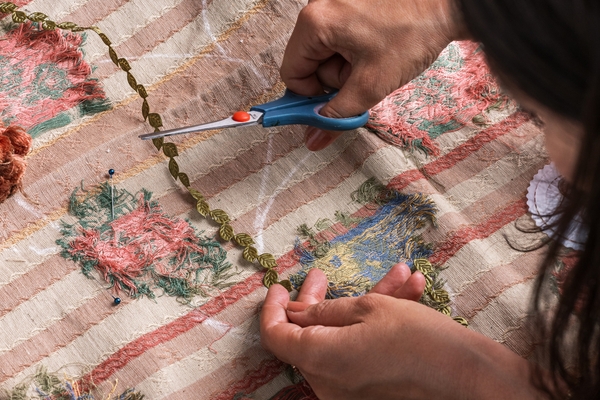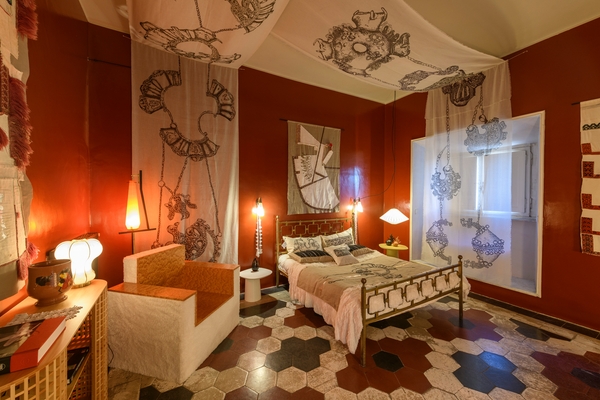Challenging harmful textile practices
- Rose's bespoke textile solutions are ethical and eco-friendly
- Her biomass textiles, named Gélotextiles®, are compostable
- Bespoke projects are her favourite part of her profession
Rose Ekwé's studio merges textile design, weaving and research. She learned the technical know-how at École Duperré in Paris. Her diplomas at HEAR Mulhouse and an internship at Fab Textiles in Barcelona cultivated her interdisciplinary curiosity and innovation around sustainable alternatives for the textile industry. Rose was faced with the limits and polluting properties of many modern materials while experimenting with fine plastic tubes and nylon. Finding an alternative required a lot of creative thinking and research. Rose led the way through empirical research and the support of engineers to develop yarns made from seaweed. “I am using local materials that are invasive – or seen as waste – and finding ways to enhance them. My great desire is for things to remain useful. Circularity is key.”
Interview
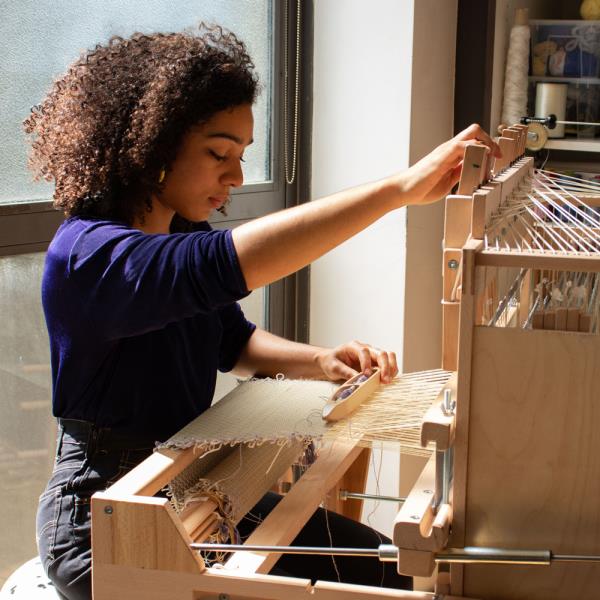
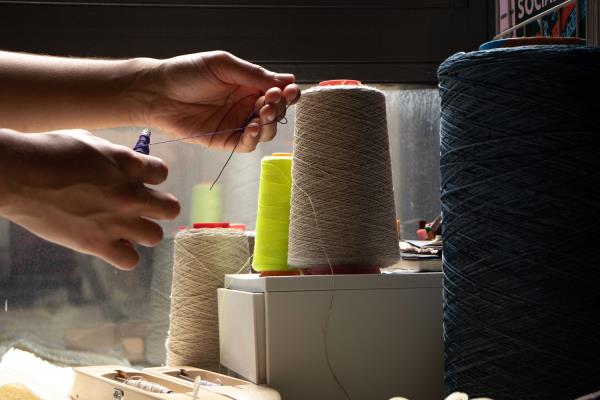
- What materials and techniques do you use?
- Linen, hemp and seaweed yarn – with only three materials you can make so many things that are very interesting. I developed my own algue spinning and weaving technique that allows me to create and design compostable textiles, patented and named Gélotextiles®, from plants, algae and minerals.
- How can the textile industry be more responsible environmentally?
- The textile production and consumption system has a lot of negative impact – yet it is an exciting and vibrant industry. I want to prove that sustainable natural materials offer many possibilities and that we should not feel limited – only excited – about the challenges we face.
- How has collaborating with scientists influenced your work?
- They taught me how to create a reliable yarn out of biomass and that some natural materials – like cotton – are more polluting than synthetic ones. Alternatively, seaweed, hemp and linen are materials which offer great hope in the future French textile production.
- What is your biggest obstacle to setting up an eco-friendly weaving workshop?
- It was a lot of research – sourcing the materials and growing them in a way that is actually compostable before I can offer them to market. Linen, hemp and seaweed were not intuitive either, so the choice of materials was the biggest obstacle.
Rose Ekwé is a rising star: she began her career in 2019 and she started teaching in 2023
Where
Rose Ekwé
Find Rose Ekwé in the itinerary

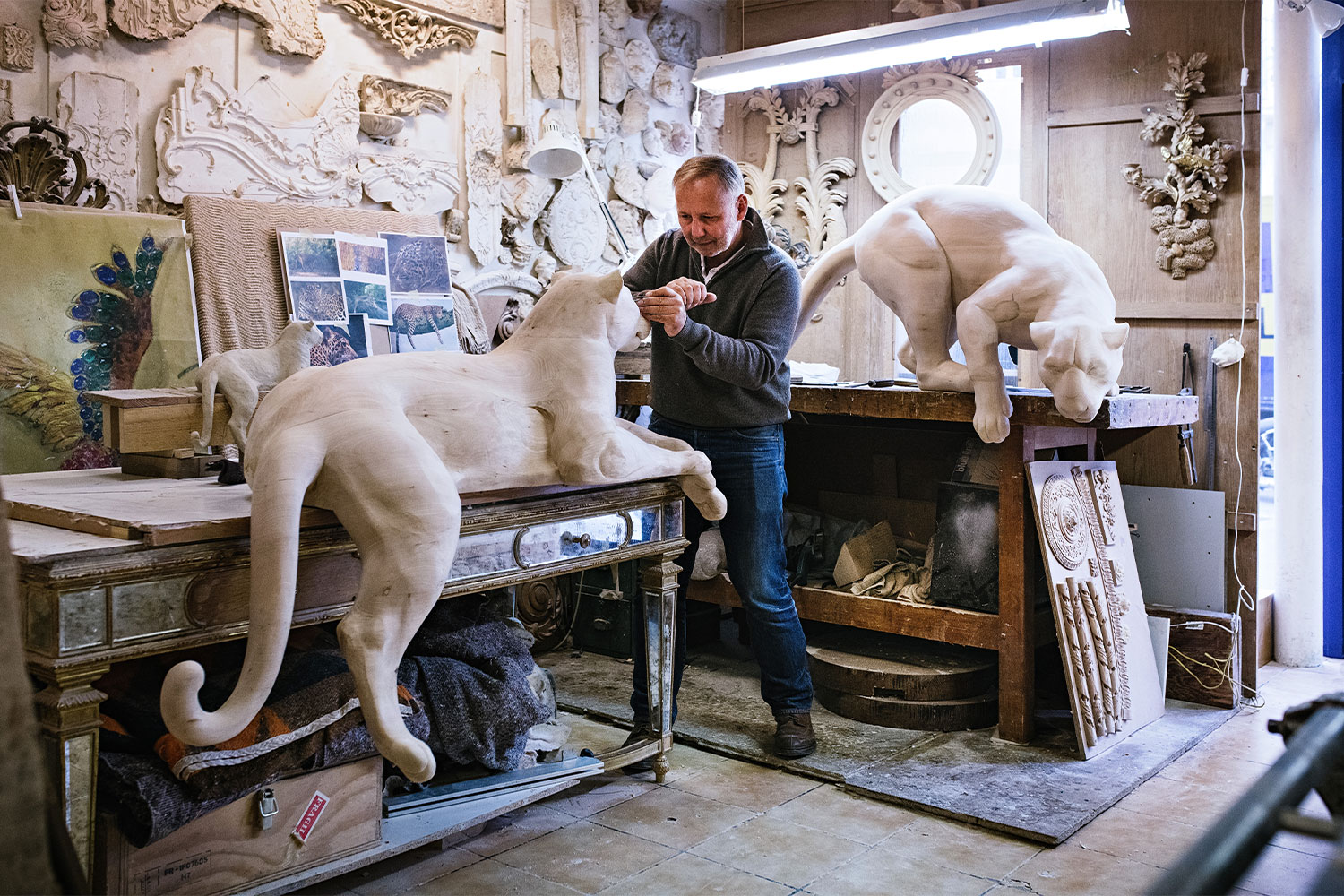
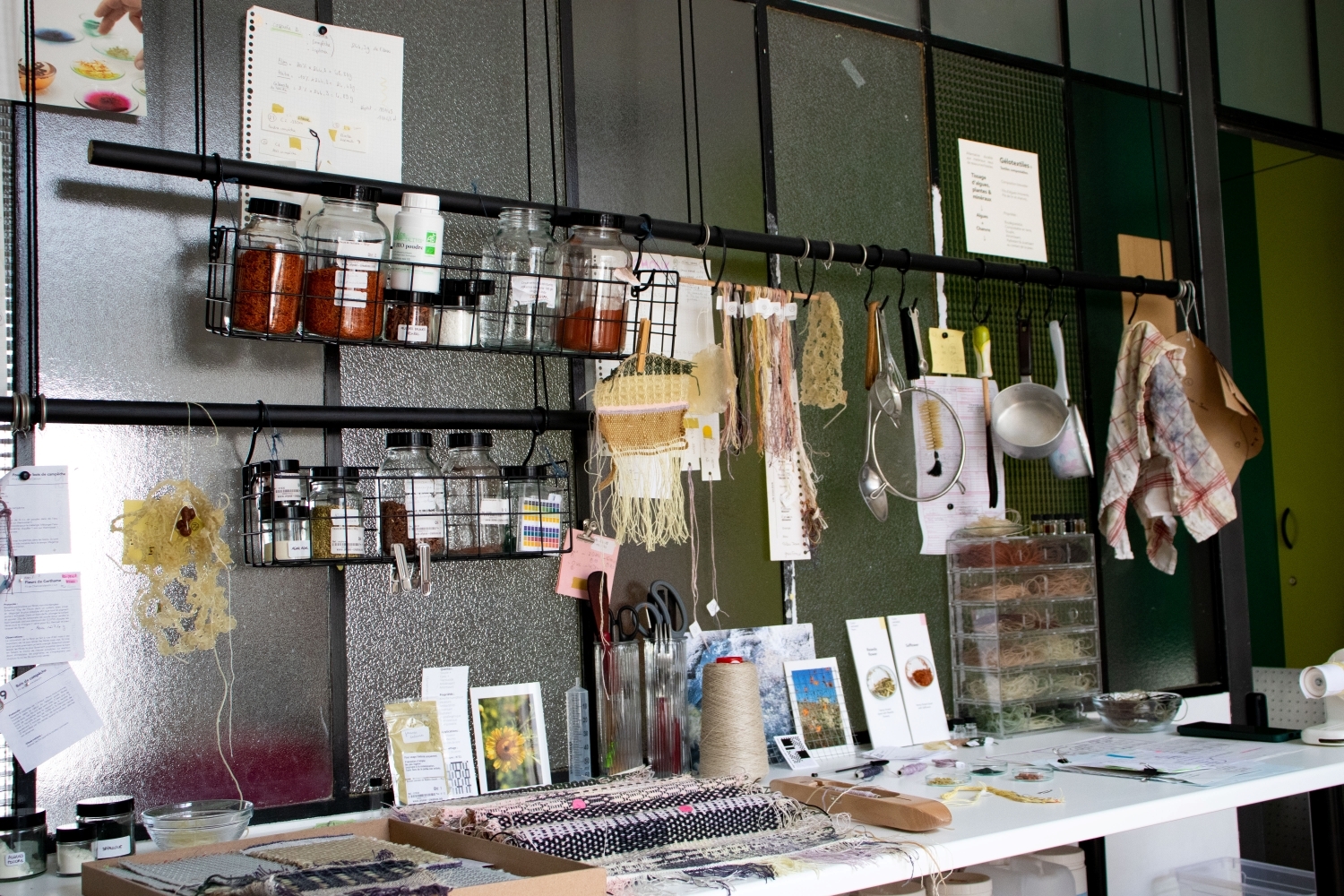
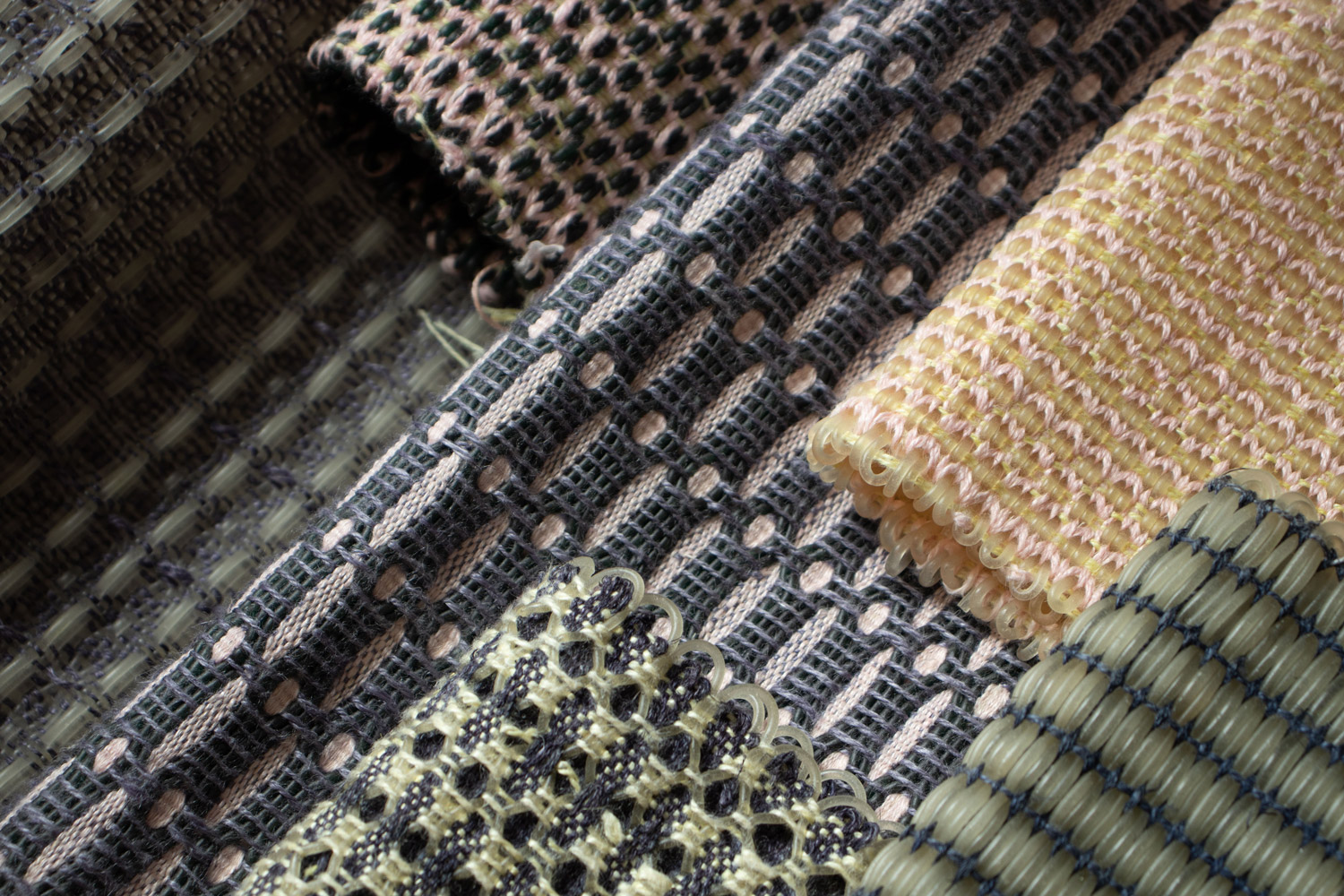
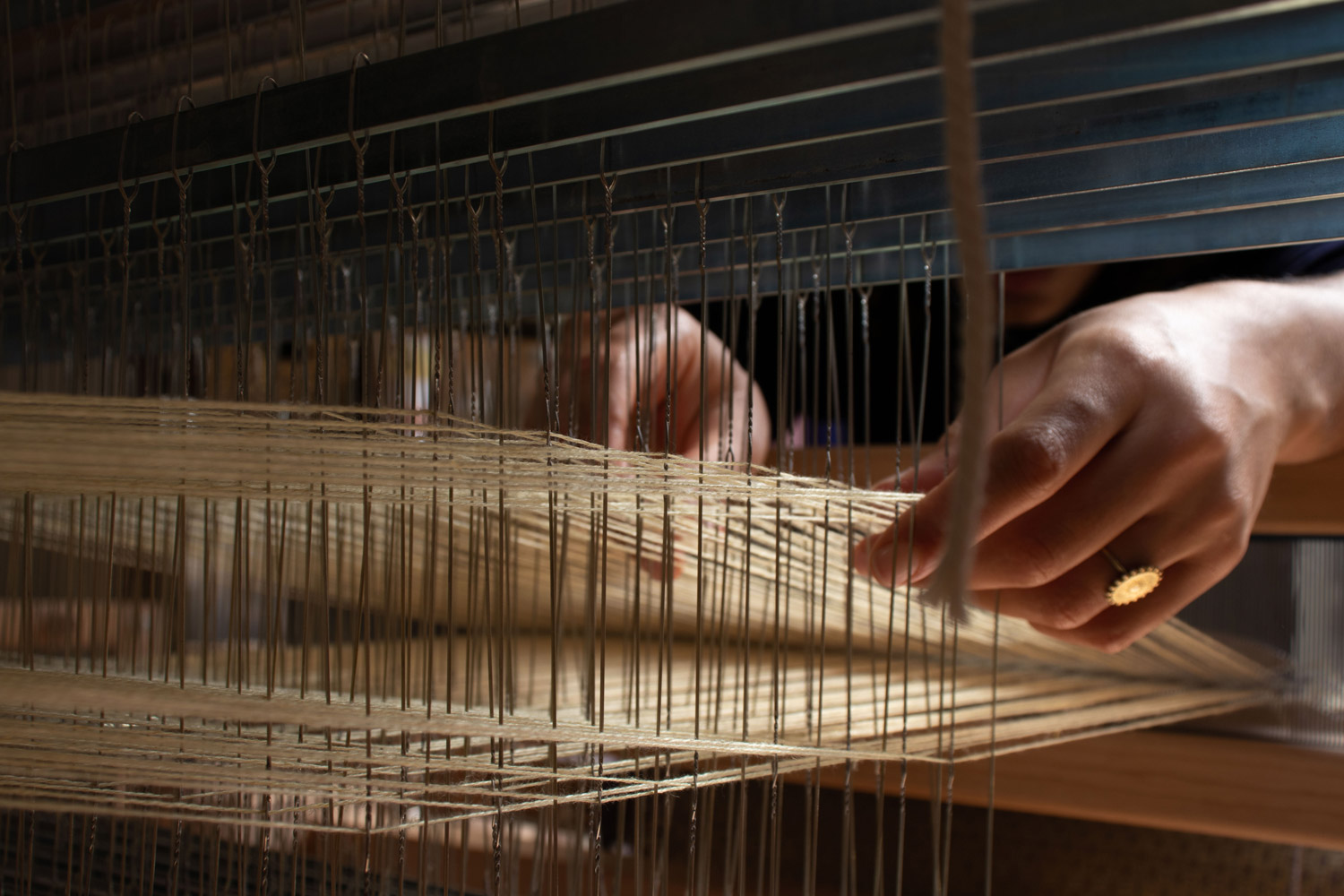
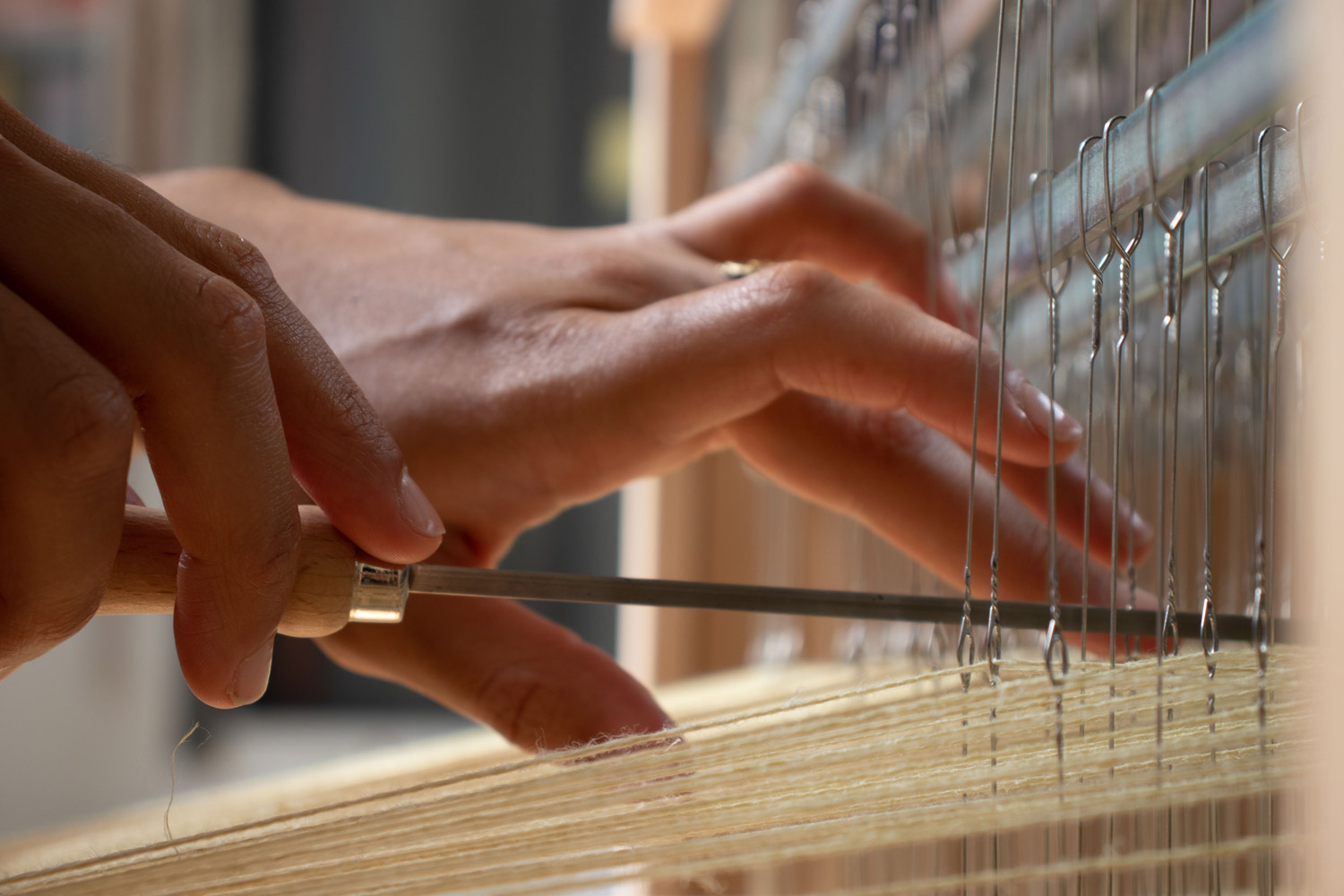
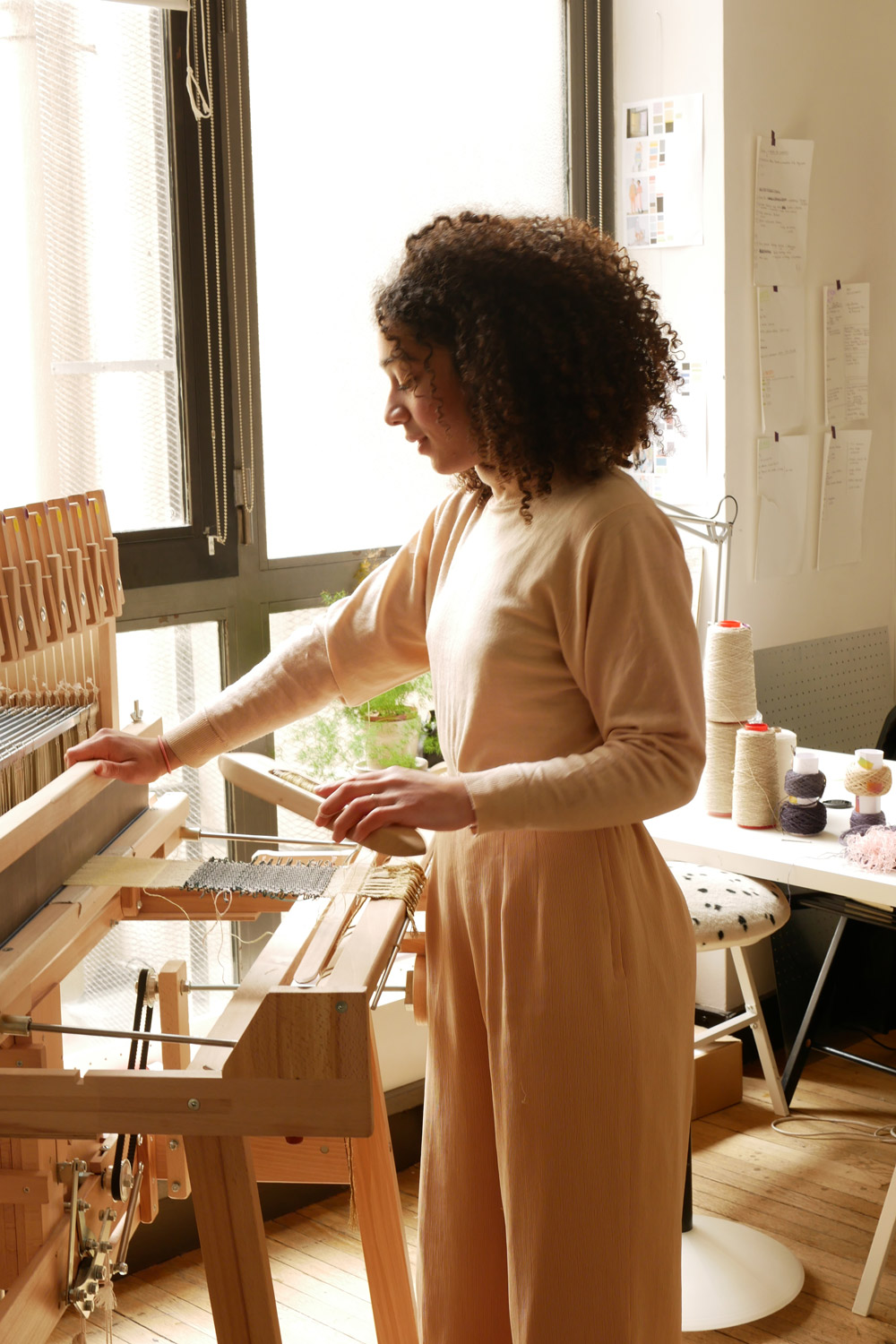




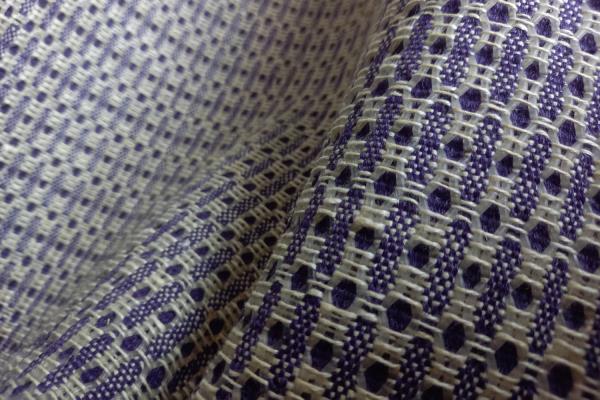
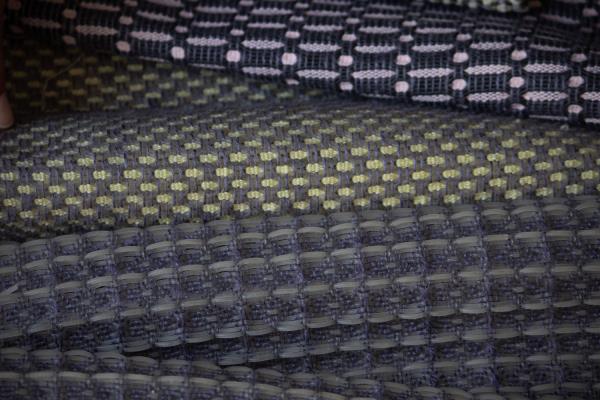
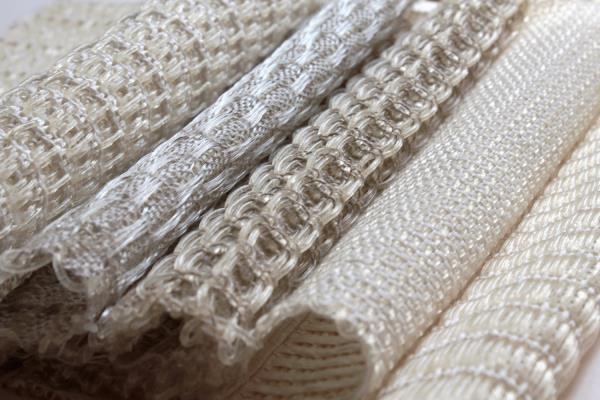



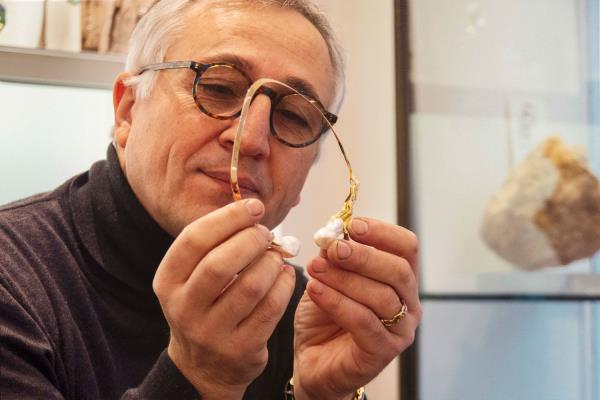
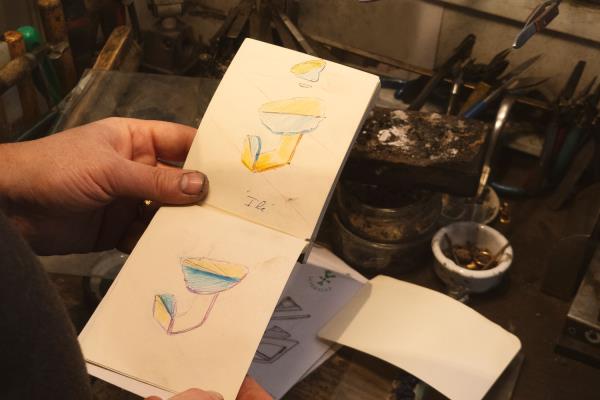
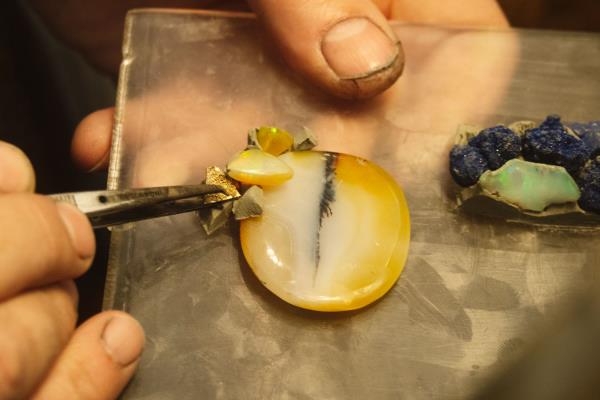
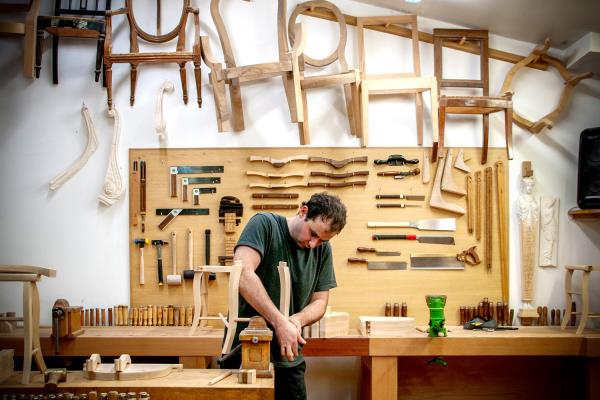
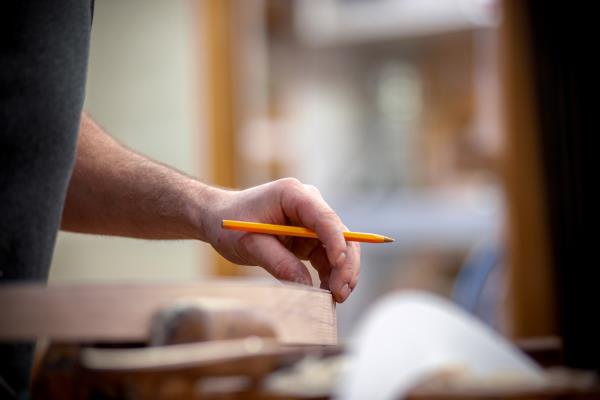
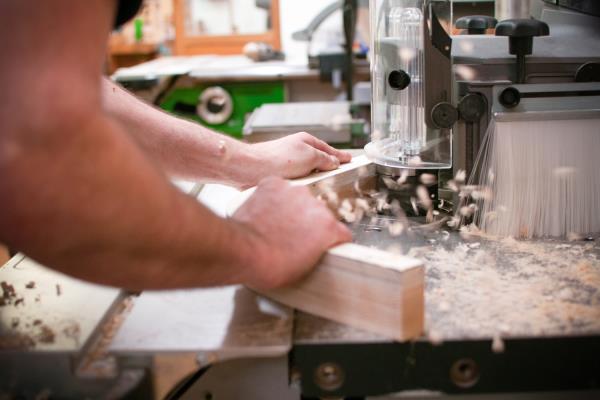



Juliette Leperlier_Portrait 1_(c)Arthur Monfrais.jpg)
Juliette Leperlier_Studio 1_(c)Arthur Monfrais.jpg)
Juliette Leperlier_Naïade XXI_(c)Arthur Monfrais.jpg)
